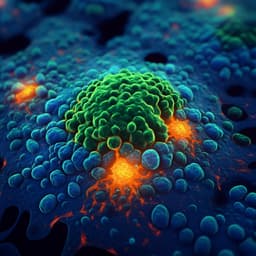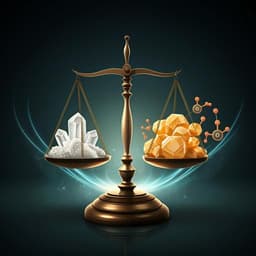
Psychology
Leveraging the effector independent nature of motor imagery when it is paired with physical practice
S. N. Kraeutner, J. L. Mcarthur, et al.
This exciting study by Sarah N. Kraeutner and colleagues explores how motor imagery can enhance skill acquisition in dart-throwing. Discover how different training sequences affect performance and brain activity, revealing the complexities of motor learning and the power of imagery in sports.
Related Publications
Explore these studies to deepen your understanding of the subject.







